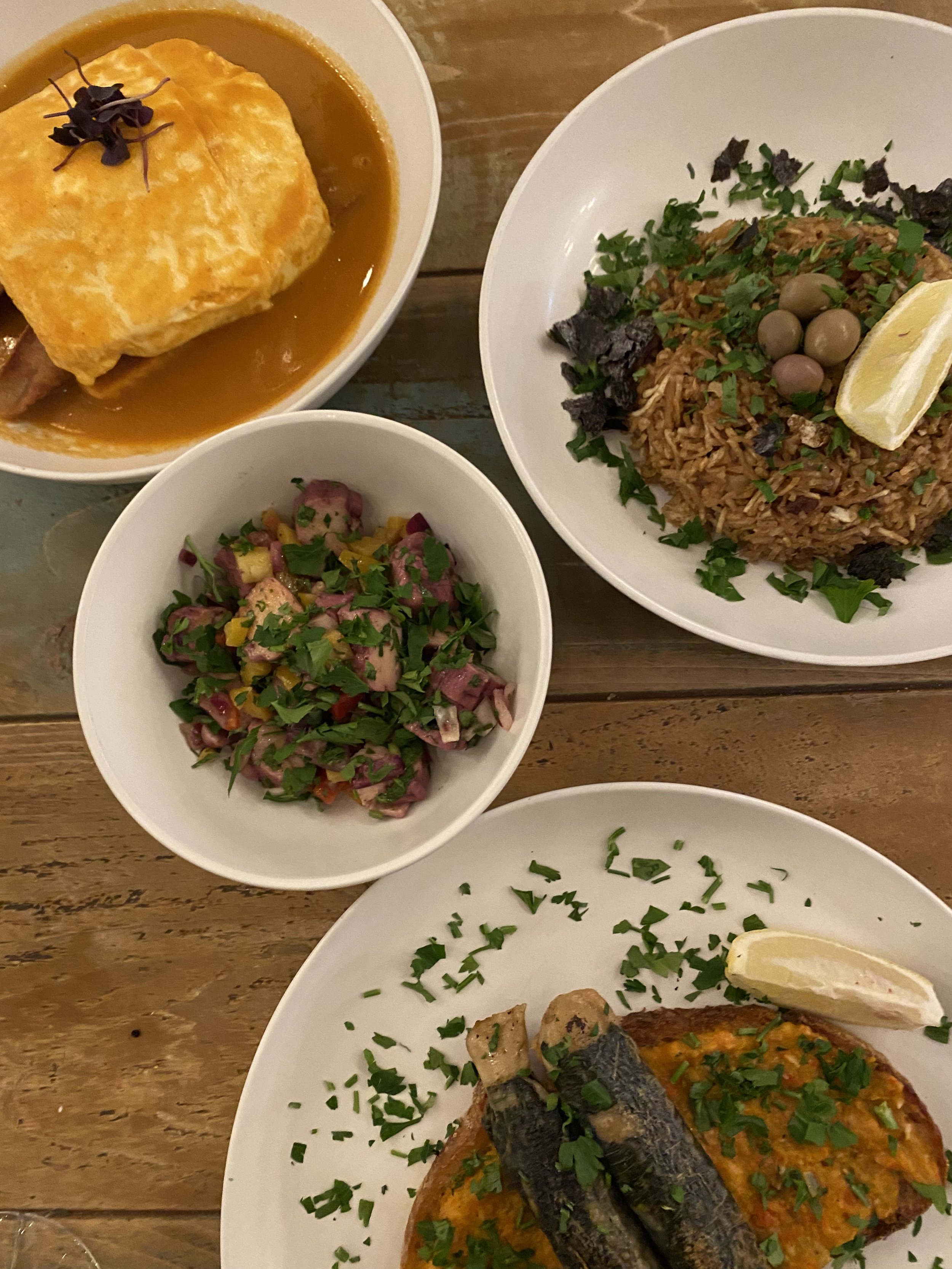Is A Flexitarian Diet Just A Cop Out?
The amount of people reducing or cutting out meat and dairy consumption has grown exponentially in recent years, and we are seeing the rise in plant-based products everywhere – Nando’s Great Imitator Burger, KFC Vegan Burger, Greggs Vegan Sausage Roll (sorry Piers Morgan) and the growing dominance of the Oat Milk agenda in coffee shop chains across the UK.
More people are taking on a ‘casual vegetarian’ lifestyle, or ‘flexitarian’ diet as more of the mass media calls it. This means that people are drastically cutting out their meat consumption – whether this is for ethical reasons, health concerns or environmental causes. However, with this growing rate of flexitarianism, comes a growing debate about whether flexitarianism is enough, or if it’s just a ‘cop out’… a way for people to ‘virtue signal’ without truly committing to whichever ‘cause’ they are doing it for.
So, is flexitarianism enough? Or is it just an excuse to not fully commit to the plant-based agenda that is sweeping the nation?
I’m a vegan. This is how I’m supposed to introduce myself in every conversation and interaction I have, right? I went vegetarian at the age of 9, before committing myself to veganism at the age of 24. January 1 st, 2020, for Veganuary. It took me longer than that day to truly give up dairy and eggs, as I made the transition throughout a couple of months because switching to ‘fake cheese’ in the direct period after Christmas was far too much for me to commit to.
My primary reason for going vegetarian at the age of 9 was off the back of a PETA slaughterhouse video of various cute little piggies, but in my teenage years, my vegetarianism stopped being about my love for the animals and became a way for me to hide the eating disorder that I spent nearly a decade battling. Perhaps I became more cynical, but I concluded that a small group of people perfectly avoiding the meat industry wasn’t going to make the waves that I thought we would.
My jump to veganism subsequently came off of the back of some health concerns – going vegan forced me to rethink what I ate and put more emphasis on the foods that I was putting into my body and ensuring that for the first time in a long time, I was well-nourished and thriving.
People take up a flexitarian approach for various reasons. Plant-based alternatives are expensive, and not readily accessible in food desert areas – so for working-class families, popping to the nearest big ASDA to spend excessive money on ‘fake meats’ isn’t an option. Nor is spending the extensive amount of time learning new vegetarian or vegan recipes and preparing them – especially if you’re working long hours in manual jobs or have caring responsibilities and no way to ‘outsource’ those tasks. For people like me, in recovery from disordered eating, sometimes fully committing to vegetarianism or veganism is often a way to step back into these disordered habits – whereas flexitarianism offers them a way to do good for the planet without any detriment to their health.
For people with other health issues, plant-based diets might not be the best option for them – veganism or vegetarianism aren’t for everyone and sacrificing your health for a ‘greater cause’ is a fool's game that benefits nobody. There are many reasons for people to switch to a plant-based lifestyle, but there are many more reasons that people can’t, so a flexitarian approach offers a middle ground where there is no sacrifice to their health, but their ‘baby steps’ add momentum to a growing movement of people concerned about animal welfare and the environment.
Traditionally, meat is an integral part of British cuisine – when I talk to my dad about the food he ate growing up in the Northeast, every dish involved meat. Whilst I always say that tradition is just peer pressure from dead people, when you’ve grown up being told you need to have meat in every meal, it’s going to take a huge amount of effort to break the habit of a lifetime. So, when my dad sidesteps meat for a meal and joins me for the vegan option, I’m grateful that he’s making the effort. When I hear that other people are making small swaps – perhaps replacing real mince with Quorn mince, or drinking oat milk instead of dairy milk, I’m grateful that they are taking the steps they feel are accessible to them.
Everyone moves at their own pace and lecturing someone that they’re not doing enough is only going to make them want to do less. One person can do veganism perfectly, and only make a small amount of change – but the more people that take up a plant-based approach, whether that’s swapping one meat meal a week for the veggie option, or swapping the milk that they use in their morning coffee, the more progress we make.
We wouldn’t have as many meat and dairy alternatives on the market as we do now if it wasn’t for flexitarianism – whether people use flexitarianism as a stepping stone to vegetarianism and veganism, or that is the approach they take to food, they are a huge part of the drive for more plant-based alternatives, and we should be thanking them for joining us in whatever capacity that they can.
Wrtten by Geena Whiteman
Geena is a PhD student researching how young people are entering the workforce, particularly how they pursue entrepreneurship and what entrepreneurship means to them.








